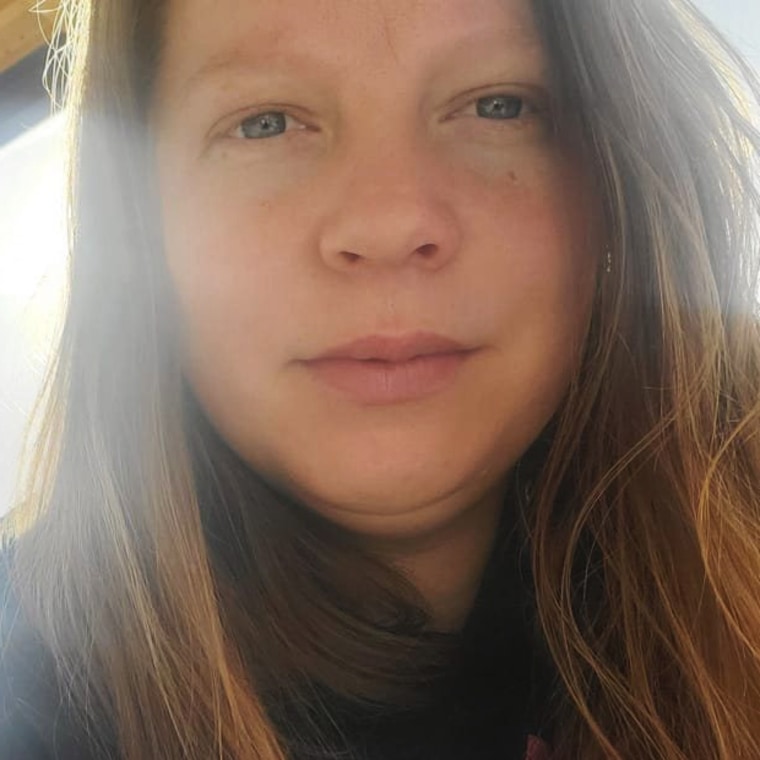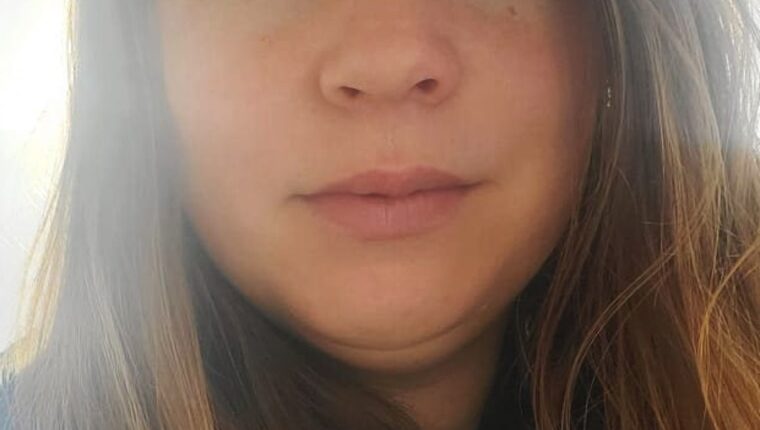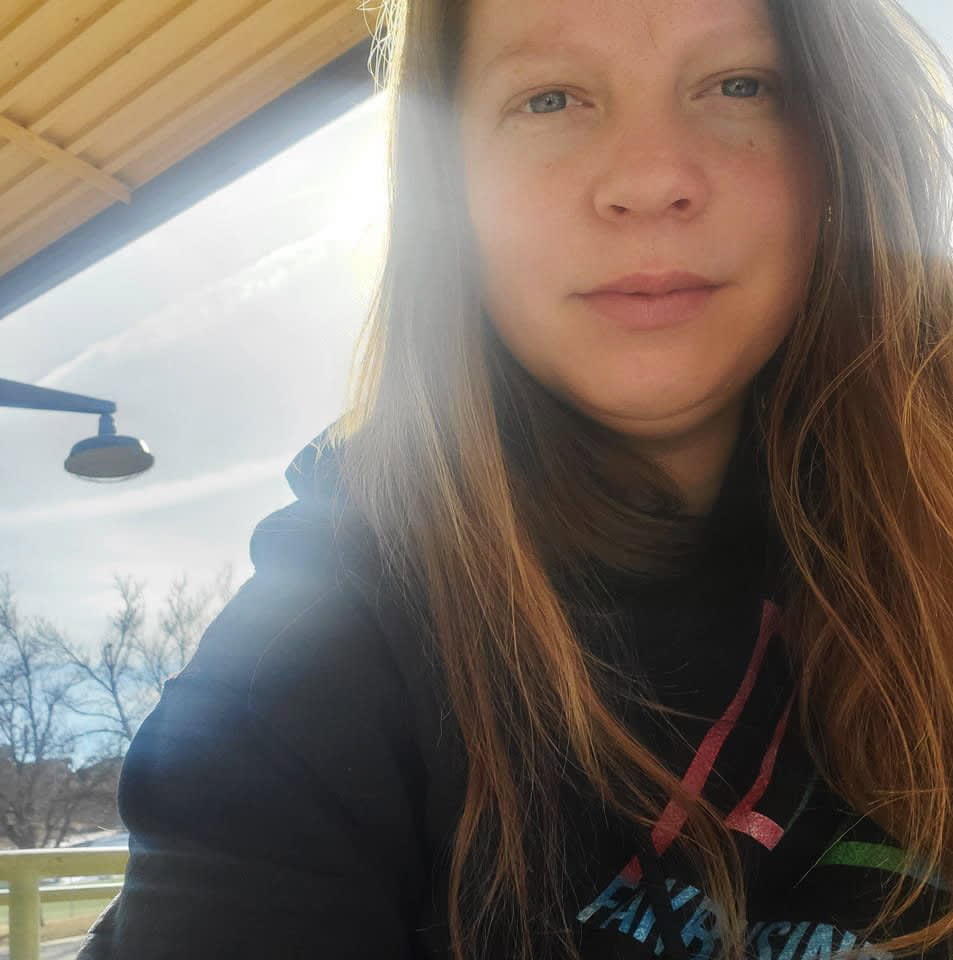A Colorado woman is facing murder and child abuse charges after she allegedly strangled her 2-month-old son while dealing with postpartum mental health struggles, according to an arrest affidavit obtained by NBC News.
Anna Louise Englund’s son was pronounced dead at Boulder Community Hospital Saturday night, just after 10:45 p.m. local time. About six hours earlier, Boulder police had responded to a request for a welfare check on Englund, 29, who had left home with her infant in the car and was “possibly having a mental health crisis,” according to the police department.
Englund’s car was located at around 10:20 p.m., police said. Officers found the mother and son in the hospital parking lot and rushed the baby to the emergency room, where he could not be revived.
Englund allegedly told police she killed her son after weeks of sleep deprivation that “had changed her ability to function,” the arrest affidavit said.
“She did not believe she would survive with the sleep problem and ‘didn’t want him to suffer in life like I have,’” it read.

Englund was booked into the Boulder County Jail Sunday morning on two counts of murder and one count of child abuse resulting in death. She is currently being held without bond, according to online jail records.
The two murder counts she faces are for murder in the first degree after deliberation and first-degree murder for a death of a child by someone in a position of trust, the affidavit states.
A status conference for Englund’s case was held Thursday morning in court, where a preliminary hearing was set for Sept. 8.
Englund’s defense attorney did not respond to a phone call and email from NBC News, and multiple family members declined to comment on the case.
The arrest affidavit details multiple ways in which Englund said she allegedly tried to strangle her son. It also says that she had a “small laceration” on herself that she told police was from a suicide attempt.
The coroner’s office will determine the baby’s cause of death, police said. A spokesperson for the office could not immediately be reached.
‘I didn’t want him to suffer’
The affidavit alleges that Englund told police that she had sought treatment for postpartum mental health issues and that the baby’s father had taken steps to attempt to protect the child.
Englund told an officer that the baby’s father “locked her in a room” to separate her from him and the baby while they slept “because he was worried she would do something to them,” the affidavit says. It also said she told officers she had been hospitalized twice in the past two weeks because of suicidal ideation and that she had made appointments to see a therapist but didn’t go to them because of sleep deprivation.
The affidavit goes on to say that Englund told police she had been prescribed a medication when she was in the hospital about a week earlier, but only took it once because she felt suicidal afterward. Englund said the only other medication she had taken recently was an over-the-counter sleep aid to help her sleep the night before she allegedly killed her son.
The baby’s father told NBC affiliate KUSA of Denver that Englund stayed overnight during both of her hospital visits and that she left when doctors released her. The local station did not name the baby’s father, and NBC News could not confirm his identity.
Celanie Pinnell, director of marketing and public relations for Boulder Community Health, said she could not disclose any information about Englund’s visits, citing patient privacy laws, and declined to share information about how the hospital treats postpartum psychosis.
“While we know there is public interest in this story, we will not be providing any additional comment and will cooperate with local authorities if requested,” Pinnell said over email.
According to the affidavit, Englund told police that she had been anxious earlier Saturday as she thought about her son.
“I didn’t want to be a murderer, but I didn’t want him to suffer,” she allegedly said. She told police she feared for her son because the world was “crazy” and said she was worried he would get “really sick and it would be my fault because I brought him here and then I left him cuz I killed myself.”
The affidavit says Englund told police she regretted hurting the baby’s father by killing their son, and “acknowledged that what she did was wrong,” adding that “she never showed emotion” and “noted that she was unsure why she was ‘stoic’” as she recounted what happened.”
A spotlight on postpartum mood disorders
Englund’s case comes nearly six months after a Massachusetts woman, Lindsay Clancy, 32, was accused of strangling her three young children to death in what her attorney has argued was caused by inadequate treatment for postpartum depression and possibly postpartum psychosis. (Prosecutors have said Lindsay Clancy was told she didn’t have postpartum depression or any symptoms when she was evaluated last year, and that she was diagnosed with generalized anxiety disorder.)
Clancy’s case made national headlines and prompted a spike in phone calls to the National Maternal Mental Health Hotline, a spokesperson for the Department of Health and Human Services’ Health Resources and Services Administration previously told NBC News.
Postpartum depression affects about 1 in 8 mothers, and is characterized by persistent sadness, numbness or feeling disconnected from your baby. It can also include worrying that you will hurt the infant and doubting your ability to care for them, according to the Centers for Disease Control and Prevention.
Postpartum psychosis is a far more rare and severe condition that occurs in an estimated 1 or 2 out of every 1,000 deliveries, according to the advocacy group Postpartum Support International. The condition, a medical emergency that requires immediate treatment, can involve hallucinations that alter people’s sense of reality after childbirth, sometimes driving them to harm themselves or their children.
Among mothers suffering from postpartum psychosis, about 5% will attempt suicide and 4% will commit infanticide, according to Postpartum Support International.
If you are pregnant or a new mother and you are in crisis, the National Maternal Mental Health Hotline provides free, confidential support 24/7 in English and Spanish. Call or text the hotline at 1-833-TLC-MAMA (1-833-852-6262).
If you or someone you know is in crisis, call 988 to reach the Suicide and Crisis Lifeline. You can also call the National Suicide Prevention Lifeline at 800-273-8255, text HOME to 741741 or visit SpeakingOfSuicide.com/resources for additional resources.
Source: | This article originally belongs to Nbcnews.com










